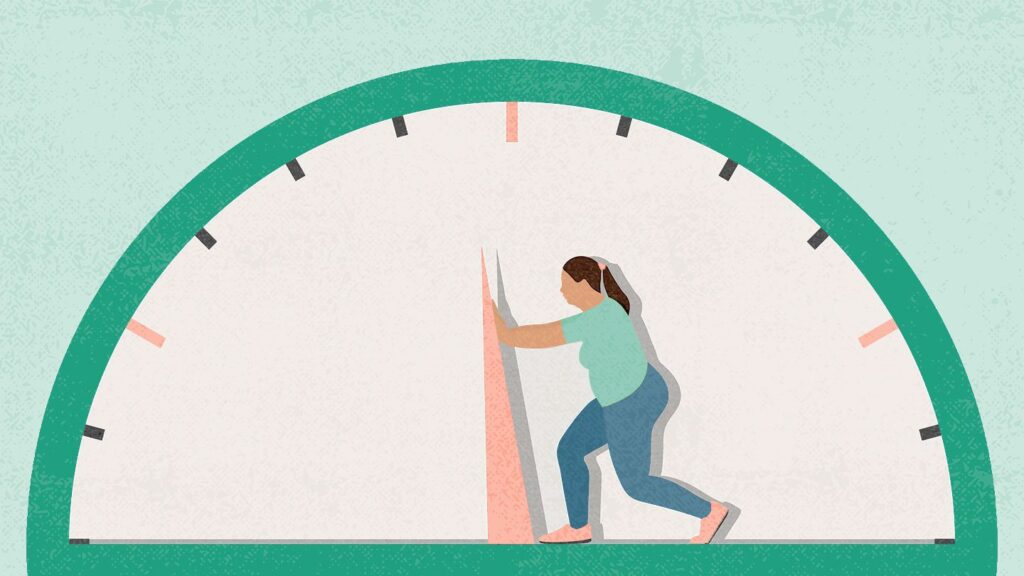Losing weight can be a challenging journey, but it’s one that can have a significant impact on your health and well-being. Carrying excess weight can increase the risk of chronic health conditions such as heart disease, diabetes, and some cancers, and can also affect your mental health and self-esteem. If you’re looking to shed some pounds, there are many effective strategies and tips that you can use to achieve your weight loss goals.
Here are some of the best ways to achieve weight loss:
- Eat a balanced diet: Eating a diet that’s rich in fruits, vegetables, whole grains, and lean proteins, and low in processed foods and added sugars, is one of the most effective ways to lose weight. Choose nutrient-dense foods, and aim to consume smaller, more frequent meals throughout the day, rather than large, calorie-dense meals.
- Drink plenty of water: Drinking water can help to increase feelings of fullness and promote weight loss, and also helps to flush out toxins and improve digestion. Aim to drink at least 8 glasses of water per day.
- Get regular exercise: Regular exercise is a crucial component of any weight loss program. Aim to get at least 30 minutes of moderate-intensity exercise most days of the week, and consider adding resistance training to your routine to build muscle and boost metabolism.
- Reduce stress: Stress can trigger overeating and weight gain, and can also affect the hormones that regulate hunger and fullness. Try to manage stress through activities such as exercise, mindfulness, and relaxation techniques, and aim to get at least 7 hours of quality sleep each night.
- Avoid processed foods and added sugars: Processed foods and added sugars are high in calories, low in nutrients, and can lead to weight gain. Try to avoid these foods, and opt for fresh, whole foods instead.
- Keep a food diary: Keeping a food diary can help you to monitor your food intake and identify any patterns or triggers that may be contributing to weight gain. Use a journal or a smartphone app to track your food intake, and aim to be honest and consistent in your tracking.
- Practice portion control: Portion control is an important aspect of weight loss, as consuming larger portions of food can lead to overeating and weight gain. Use smaller plates and bowls, and measure out portions of food to help you control your intake.
- Get support: Losing weight can be a difficult journey, and having a supportive network of friends, family, and health professionals can make a big difference. Join a support group, work with a coach or therapist, or connect with others online who are also working to lose weight.
- Celebrate your successes: Celebrate your weight loss successes, no matter how small, to help keep you motivated and on track. Reward yourself with non-food treats, such as a massage or a movie, to reinforce positive behaviors and help you stay committed to your goals.
By following these tips, you can achieve sustainable weight loss, and improve your overall health and well-being. Remember, weight loss is a journey, not a destination, so be patient, stay positive, and celebrate your progress along the way.

